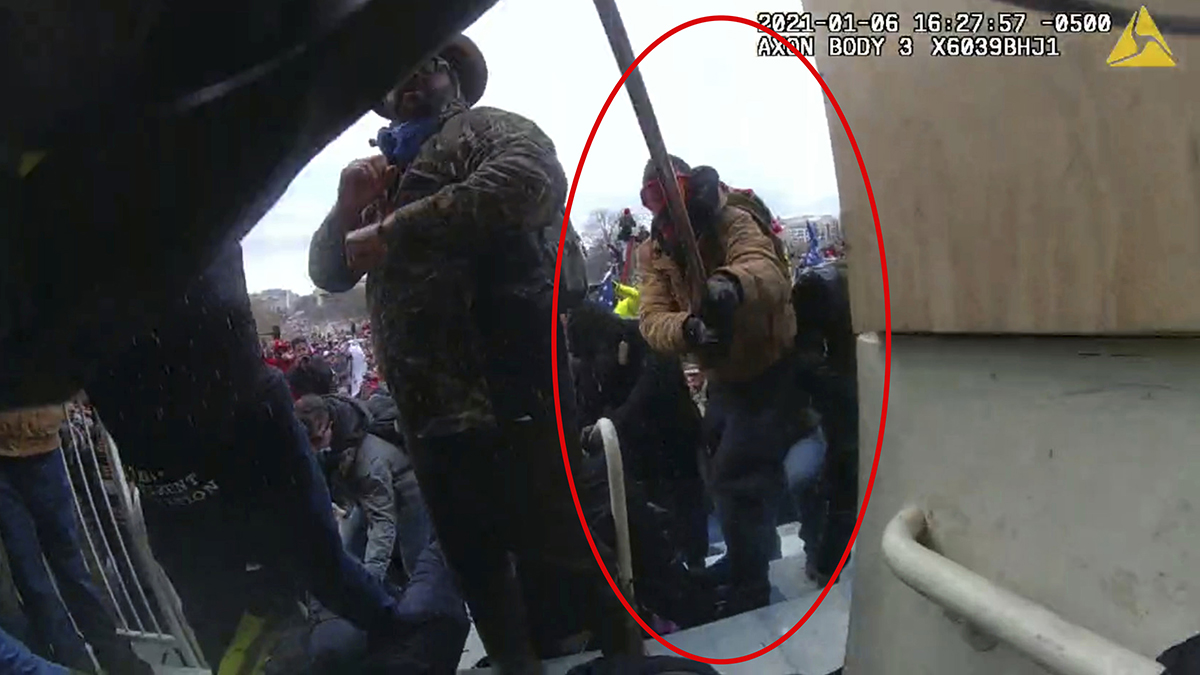In the 130 years since Labor Day was first observed, organized labor has become a powerful force, not only in the workplace, but throughout society.
Now, organized labor's influence in the political arena has raised concerns that it is too powerful and is a drain on public treasuries.
In this sour economy, the words "organized labor" raise a lot of hackles. Employers want to cut wages and benefits, and rein in pension plans, and many don't want labor standing in the way.
"This Labor Day is the first Labor Day where you have the majority of union members employed by the public sector, as opposed to the private sector," said Tony Krvaric, who is the chairman of the Republican Party of San Diego. "I think that's causing a shift in our labor force. Whereas labor unions were part of the solution -- back 130 years ago -- they're now more and more part of the problem."
The unions representing the bulk of San Diego's city employees have both agreed to, and been forced to accept, wage and benefit concessions over the past several years. The ballooning deficit in their pension system -- and management deals to sweeten benefits -- were key contributors to a financial crisis that has only worsened since the economic meltdown began in late 2007.
Local labor leaders said it's unfair to blame workers when the "suits" in the view-window offices take huge financial risks and wind up with the highest pensions.
"There are high labor costs," said Lorena Gonzalez, secretary of the San Diego-Imperial Counties Labor Council, which comprises more than 120 labor unions, "but, unfortunately, they're for the CEOs and management, whose wages have continued to grow as the average workers' have been stagnant and even decreased in the last few years."
Politics
Employee costs will be top-of-mind at City Hall and the Hall of Justice this week. On Tuesday, the City Council will take up a report that looks at reducing retiree health care. On Wednesday, a judge rules on the legality of city Proposition D, the sales-tax hike linked to reforms that include expediting outsourcing.
"You now have public-sector employees and their bosses negotiating, essentially, with themselves," says Krvaric, a Prop. D opponent, "because they've become a political force where they elect their members on City Councils and the state legislature, and on the federal level."
This retort, from Gonzalez: "Unfortunately, now, everybody wants to scapegoat when things get tough ... our economic situation was brought on by Wall Street and a financial crisis that was cooked up somewhere in New York -- not by your trash collector."



